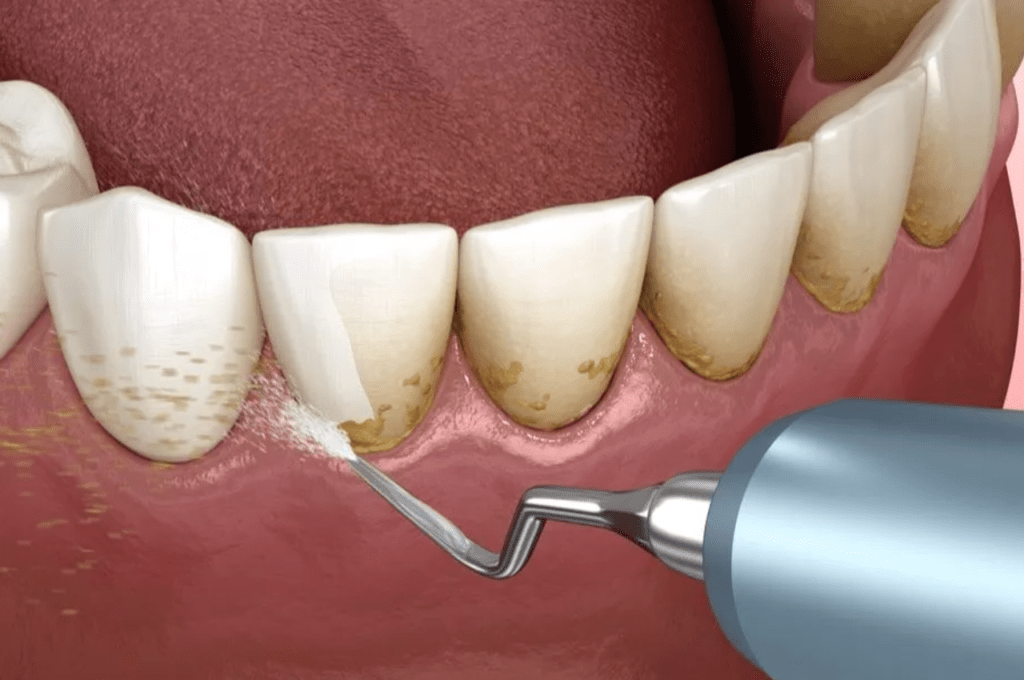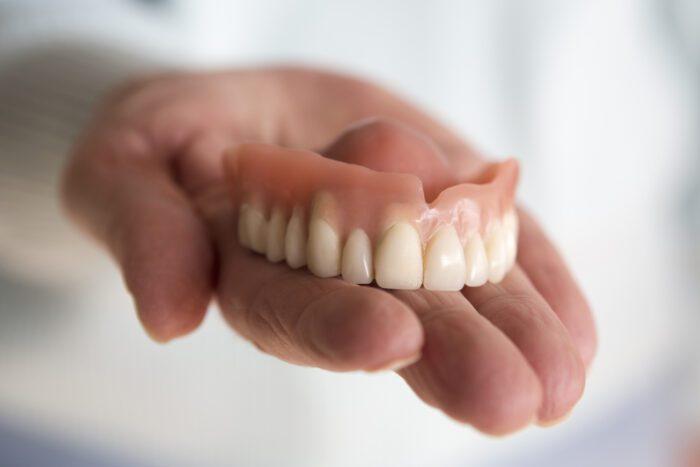Are you wondering how we can take better care of our teeth? Look no further! In this article, we will guide you through simple yet effective self dental care practices.
By establishing a daily routine and maintaining a tooth-friendly diet, we can achieve a healthier and more confident smile. Colby dental is here to assist you with the essential steps that will help us maintain optimal oral hygiene and keep our pearly whites shining bright!
TLDR
- Establish a daily dental routine that includes brushing teeth, flossing, and using mouthwash
- Choose the right toothbrush and toothpaste based on dental needs and preferences
- Practice proper brushing technique to promote healthy gums and prevent cavities
- Maintain a tooth-friendly diet by limiting sugary snacks and beverages and incorporating foods that promote dental health.
Establishing a Daily Dental Routine
Let’s talk about the importance of establishing a daily dental routine.
First, brushing your teeth is crucial for maintaining good oral hygiene. It helps remove plaque and prevents tooth decay.
Second, flossing is essential for reaching areas that your toothbrush can’t, ensuring effective plaque removal and preventing gum disease.
Lastly, mouthwash can be a helpful addition to your routine, as it can help kill bacteria and freshen your breath.

Brushing Your Teeth
When it comes to maintaining good oral hygiene, it’s important to establish a daily dental routine that includes brushing your teeth.
There are a few key points to consider when it comes to brushing effectively.
First, choosing the right toothbrush and toothpaste is crucial for optimal cleaning.
Secondly, knowing the proper brushing technique can help ensure that you’re thoroughly cleaning your teeth and gums.
Let’s delve into these points further to understand how to establish a daily dental routine for brushing your teeth.
Choosing the Right Toothbrush and Toothpaste
We should select a toothbrush and toothpaste that suit our specific dental needs and preferences.
When choosing a toothbrush, consider the type of bristles that will work best for you. There are soft, medium, and hard bristles available.
For toothpaste, options include fluoride toothpaste, which helps prevent tooth decay, and natural toothpaste alternatives.
Electric toothbrushes have the added benefit of providing a more thorough cleaning.
Additionally, there are toothbrushes designed for sensitive teeth, and toothpaste options for whitening, gum health, bad breath, and cavity prevention.
Don’t forget about toothbrushes and toothpaste specially made for children.
Proper Brushing Technique
To ensure optimal oral health, we should practice proper brushing technique by using a circular motion and coordinating with regular flossing and mouthwash use.
When it comes to toothbrushing, it’s important to avoid common mistakes like brushing too hard or not brushing for long enough. By brushing at least twice a day for two minutes each time, we can effectively remove plaque and prevent gum disease.
Proper brushing technique not only improves dental hygiene but also promotes healthy gums and prevents cavities. Remember to replace your toothbrush every three to four months for optimal results.
Flossing for Effective Plaque Removal
When it comes to maintaining a healthy dental routine, flossing is just as important as brushing. To effectively remove plaque, it’s essential to select the right dental floss and use the correct flossing method.
Selecting the Right Dental Floss
Our daily dental routine should include using the right dental floss to effectively remove plaque. When it comes to selecting the right dental floss, there are a few options to consider. Here are some flossing tips to help you make the best choice for your oral health:
- Types of dental floss options:
- Wax-coated floss for easy gliding between teeth
- Unwaxed floss for tighter spaces
Correct Flossing Method
We should learn the correct flossing method to effectively remove plaque and establish a daily dental routine.
The correct flossing technique involves gently sliding the floss between each tooth, making sure to reach the gum line. It’s important to avoid snapping the floss or forcing it into tight spaces, as this can cause gum damage.
By flossing regularly, we can reap the benefits of improved gum health, cavity prevention, fresh breath, and overall oral health.
To make flossing easier, we can use flossing tools such as floss picks or water flossers.
Remember to consult with a dentist for personalized flossing tips and tricks.
The Role of Mouthwash
When it comes to maintaining good oral hygiene, incorporating mouthwash into your daily dental routine can play a crucial role.
There are different types of mouthwash to consider, each with its own benefits. From fluoride mouthwashes that help prevent tooth decay to antibacterial mouthwashes that reduce plaque and gum inflammation, choosing the right one for your needs is important.
Types of Mouthwash to Consider
Using the right mouthwash is an important part of our daily dental routine. When choosing a mouthwash, consider options that are alcohol-free, as they’re less likely to cause dry mouth and irritation. Look for mouthwashes that offer antiseptic benefits to help kill bacteria and prevent gum disease. It’s also beneficial to choose a mouthwash with fluoride content, as it helps strengthen tooth enamel.
Natural ingredients, such as tea tree oil or aloe vera, can provide additional oral health benefits. Some mouthwashes even offer whitening properties for a brighter smile. Fresh breath solutions are great for combating bad breath. For those with specific dental concerns, such as tartar control or sensitive teeth, there are mouthwashes available to address these issues.
Herbal mouth rinses, made with ingredients like chamomile or peppermint, offer a refreshing and natural option.
Incorporating Mouthwash into Your Routine
Incorporating mouthwash into our routine is an essential step in maintaining our daily dental care. Mouthwash offers numerous benefits, including freshening breath, reducing plaque and gingivitis, and preventing cavities. It’s important to choose a mouthwash with effective ingredients such as fluoride and antimicrobial agents.
To maximize its effectiveness, use mouthwash after brushing and flossing, and follow the instructions on the label. However, it’s important to note that mouthwash isn’t a substitute for proper brushing and flossing.
It’s also crucial to be aware of any precautions or potential side effects associated with certain mouthwash products. If you have any concerns or questions, consult your dentist.
Maintaining a Tooth-Friendly Diet
When it comes to maintaining a tooth-friendly diet, there are certain foods that we should limit for better oral health. These include sugary snacks and beverages, acidic foods, and sticky foods that can get stuck in between our teeth.
On the other hand, there are also foods that promote dental health, such as crunchy fruits and vegetables, dairy products, and foods rich in calcium and phosphorus.

Foods to Limit for Better Oral Health
When it comes to maintaining a tooth-friendly diet, it’s important to limit our consumption of sugary and acidic foods.
Sugary foods, such as candies and sodas, can contribute to tooth decay by fueling the growth of harmful bacteria in our mouths.
Acidic foods, like citrus fruits and tomatoes, can erode tooth enamel over time.
Sugary and Acidic Food Considerations
What are some sugary and acidic foods we should limit for better oral health?
When it comes to maintaining a tooth-friendly diet and preventing dental decay, it’s important to be mindful of our sugar consumption and the risks of acid erosion. Here are some dietary modifications to consider:
- Limit sugary foods and drinks such as candy, soda, and desserts.
- Avoid acidic foods like citrus fruits and juices, as they can weaken enamel.
- Opt for sugar substitutes and acid-neutralizing foods to protect oral pH balance and enamel health.
Foods to Promote Dental Health
When it comes to maintaining dental health, making the right nutritional choices is essential. Certain foods can promote strong teeth and help prevent dental issues.
Nutritional Choices for Strong Teeth
We should focus on incorporating foods that promote dental health into our diet to maintain strong teeth.
To achieve this, it’s important to follow a balanced diet that includes foods rich in calcium and vitamin D, as these nutrients help strengthen tooth enamel.
Additionally, fluoride benefits our teeth by preventing tooth decay, so we should consider consuming foods and drinks that contain fluoride.
It’s crucial to avoid sugary drinks and limit processed foods, as they can contribute to tooth decay. Instead, opt for healthy snacking options like fruits and vegetables, which not only provide essential nutrients but also help clean our teeth naturally.
Lastly, drinking water throughout the day and reducing our intake of acidic foods can further protect our teeth and maintain good oral health.
Frequently Asked Questions
What Are Some Common Dental Care Mistakes to Avoid?
Proper brushing techniques, flossing, choosing the right toothpaste, a healthy diet, avoiding tobacco/alcohol, preventing tooth decay, managing stress, caring for dentures/implants, regular check-ups, and dealing with dental emergencies are all important aspects of self dental care.
How Often Should I Replace My Toothbrush?
To ensure proper toothbrush care, we should replace our toothbrush every 3-4 months. This helps maintain good oral hygiene. Additionally, storing it in an upright position, cleaning it regularly, and choosing the right bristles are essential for effective self-dental care.
Can I Use Mouthwash as a Substitute for Brushing and Flossing?
Mouthwash alternatives can’t fully replace brushing and flossing. Proper brushing techniques and flossing tips are vital for oral health. Dental care products, regular check-ups, and DIY teeth whitening contribute to overall well-being. Toothbrush sanitization methods, bad breath remedies, and tongue cleaning techniques are also important.
Is It Necessary to Visit the Dentist Regularly if I Have Good Oral Hygiene Habits?
Regular dental check-ups are important to maintain good oral hygiene. Professional teeth cleanings help remove plaque and tartar buildup. At home, brush properly, eat a healthy diet, and avoid smoking. Dental X-rays aid in early detection. Fluoride helps prevent tooth decay. Overall, oral health impacts well-being.
Are There Any Natural Remedies for Toothaches or Gum Pain?
There are several natural remedies for toothaches and gum pain, such as using herbal remedies, essential oils, and homeopathic treatments. These holistic approaches provide alternative ways to relieve dental pain and promote overall oral health.













